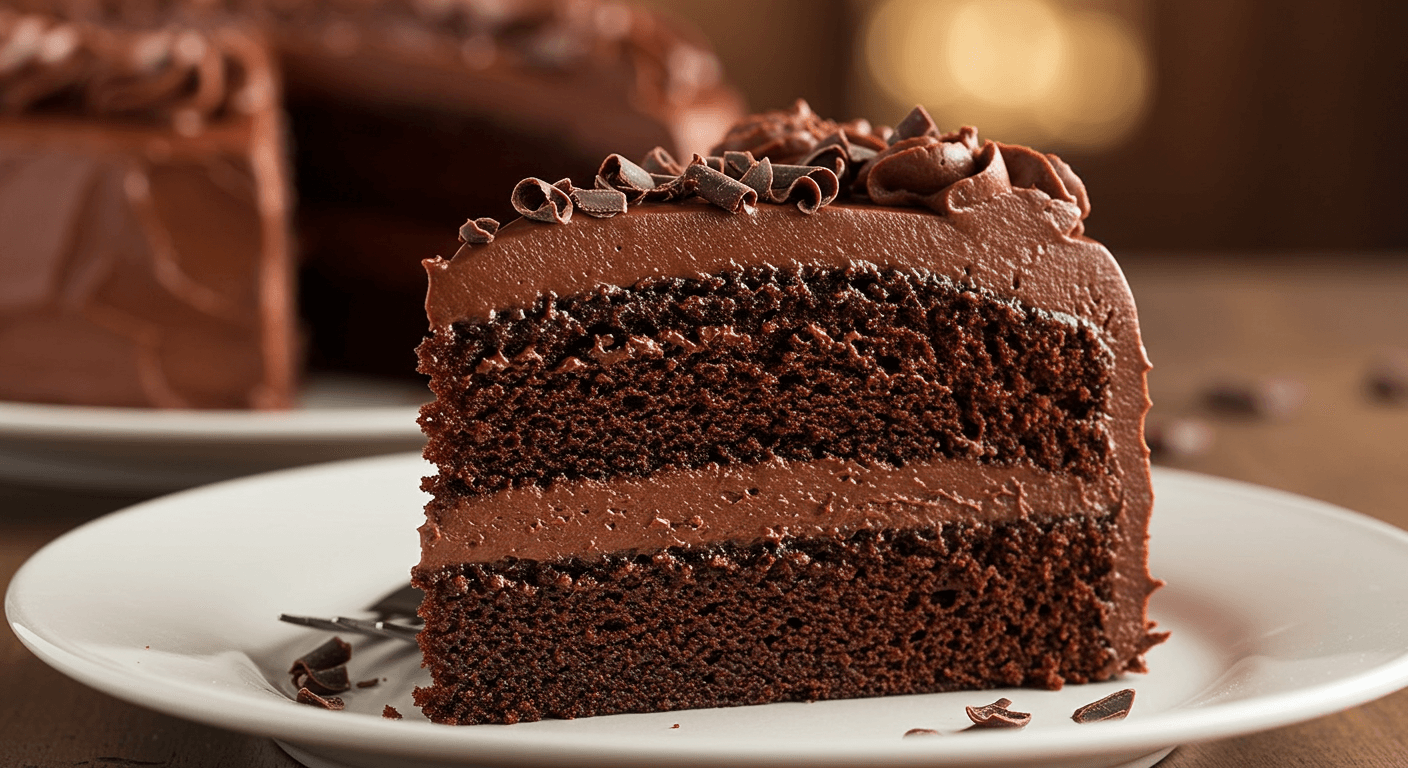10 Essential Cooking Tips Every Beginner Should Know
If you’re starting in the kitchen, you might feel a bit overwhelmed. The vast world of ingredients, techniques, and tools can seem like a maze, but don’t worry! With a few essential cooking tips, you’ll quickly gain confidence and start creating delicious meals from scratch. Whether you’re cooking for yourself or preparing a meal for family and friends, these tips will help you navigate the kitchen like a pro.
1. Mise en Place – A Chef’s Secret
One of the first pieces of beginner cooking advice you’ll hear is the importance of “mise en place,” a French term that means “everything in its place.” Before you start cooking, take time to gather all your ingredients and tools. This simple step makes the cooking process smoother and ensures you don’t forget any key elements mid-recipe. It may seem like a small thing, but it’s a game-changer in keeping the cooking flow organized and stress-free.
2. Master the Basics of Knife Skills
A good knife is the most important tool in your kitchen, and cooking tips for newbies often emphasize the importance of mastering basic knife skills. Learn how to hold a knife properly, and get familiar with essential cuts like dicing, slicing, and mincing. Not only will this speed up your prep time, but it will also make your meals look more professional. When cutting vegetables or meat, ensure your knives are sharp—dull blades are not only inefficient but also dangerous.
3. Don’t Be Afraid of Salt
Salt can transform the flavor of a dish. Many beginners shy away from using enough salt out of fear of over-seasoning, but the truth is that most recipes require a generous pinch to enhance the natural flavors of the ingredients. Taste as you cook, and don’t hesitate to add a little more if needed. A pinch of salt added to pasta water or soups can make a world of difference. It’s an essential cooking tip to embrace salt, not fear it!
4. Learn to Use Heat Properly
Mastering heat control is a crucial step when starting in the kitchen. Different foods require different temperatures to cook properly, and understanding when to use high, medium, or low heat can make or break your dish. Searing meat at a high temperature creates a beautiful crust, while simmering sauces on low heat allows flavors to meld together. Practice adjusting the heat and watching how it affects your food—this will give you a solid foundation for future cooking endeavors.
5. Invest in a Few Quality Tools
While it’s tempting to buy every gadget under the sun, beginner cooking advice often suggests investing in a few quality essentials. A good chef’s knife, a sturdy cutting board, a reliable pot, and a non-stick pan can get you pretty far. The right tools will make cooking more enjoyable and efficient, so focus on building your collection with items that serve multiple purposes and are built to last. Over time, you can add more specific items as you get more comfortable.
6. Don’t Skip the Resting Period
After cooking meats like steak, chicken, or pork, let them rest for a few minutes before cutting. This allows the juices to redistribute, resulting in a juicier, more flavorful bite. It’s one of those essential cooking tips that many beginners overlook but is key to achieving the best texture and flavor in your dishes.
7. Always Taste and Adjust
No recipe is set in stone. One of the best cooking tips for newbies is to always taste your food as you cook. This allows you to adjust seasonings, flavors, and consistency before it’s too late. If your dish needs more acidity, a squeeze of lemon might do the trick. Too salty? Add a bit of water or broth to balance it out. Tasting and tweaking as you go is a skill that every cook should develop.
8. Keep Your Pantry Stocked
A well-stocked pantry is the foundation of any good meal. Some staple ingredients to always have on hand include olive oil, garlic, onions, canned tomatoes, pasta, and rice. These items can serve as the base of countless dishes and can be paired with fresh produce or proteins to create easy, weeknight meals. Essential cooking tips always recommend building your pantry gradually with versatile ingredients that you’ll use time and time again.
9. Don’t Be Afraid to Experiment
One of the best parts of cooking is experimenting with new ingredients and flavors. Don’t feel like you have to follow recipes to the letter. If you find a spice you love, try adding it to a dish you make often. Swap out one vegetable for another or experiment with different herbs. Cooking tips for newbies often emphasize the value of learning through trial and error. Even if a dish doesn’t turn out perfect, you’ll learn something for next time!
10. Clean as You Go
It’s easy to get overwhelmed by the mess in the kitchen, especially if you’re starting in the kitchen. But a clean kitchen makes cooking much more enjoyable. Clean your utensils and tools as you use them, so you’re not left with a mountain of dishes at the end of your meal. A tidy space will help you stay organized and focused on the cooking process without the added stress of a cluttered environment.
Conclusion
Embracing these essential cooking tips will set you on the right path to becoming a confident home chef. Whether you’re preparing simple meals or experimenting with new flavors, the key is to enjoy the process. With practice, patience, and a bit of creativity, your culinary skills will improve, and cooking will become second nature. Keep these beginner cooking advice points in mind as you explore new recipes and techniques—you’ll be amazed at how quickly you grow in the kitchen! Happy cooking!

